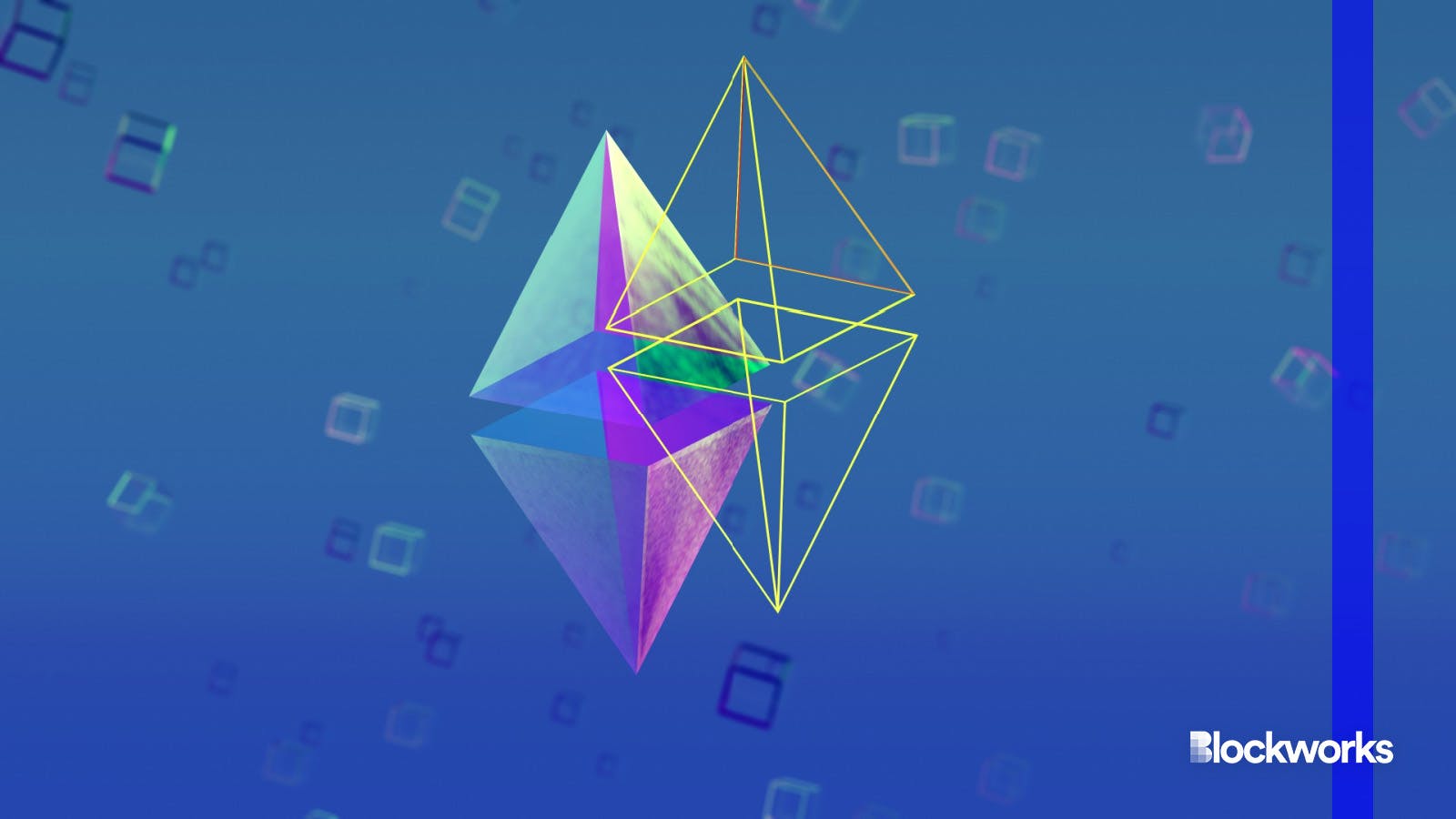Rollups saved Ethereum users a boatload of gas fees: Report
Ethereum users have layer-2 rollups to thank for saving them from high fees and long wait times

Maurice NORBERT/Shutterstock modified by Blockworks
Ethereum transaction fees would be five times more expensive if not for layer-2 rollup networks like Optimism and Arbitrum.
That’s according to a recent report from blockchain infrastructure unit Chainstack. Aside from fees between 360% and 419% higher, transactions themselves would take nearly twice as long on average, Chainstack found.
Wait times would even stretch to 114 seconds compared to a block time of about 12 seconds (the minimum wait time if transactions are sent between blocks).
Rollups are designed to solve the blockchain trilemma — a tradeoff layer-1 networks must make between security, scalability and decentralization. Blockchains can only offer two of those elements at any one time, says Ethereum co-founder Vitalik Buterin, who popularized the concept laid out in 2016.
Ethereum, for example, is built with security and decentralization in mind. But it’s not totally scalable — transaction fees generally rise alongside user activity and can grow exponentially at times of peak demand.
With rollups, Ethereum is able to offload some of the pressure. There are two popular rollup solutions today: Optimistic rollups and zero-knowledge (zk) rollups.
Optimistic rollups, such as Arbitrum and Optimism, process transactions off-chain and then post the data of the transaction back onto Ethereum as “calldata.” ZK rollups, such as Polygon zkEVM and zkSync Era, post all data on-chain but use cryptography to validate whether transactions are accurate without revealing the information itself.
Usage of rollups has grown considerably over the past two years, with Arbitrium and Optimism often together handling more daily transactions than Ethereum mainnet.
“… it’s clear how roll-up transactions have gone from representing a minor fraction of the network’s activity in 2021 to playing a vital part in Ethereum’s functioning by 2023,” Chainstack wrote.
The report added that the growing number of transactions illustrated the crucial functioning of rollups to Ethereum’s overall network efficiency.
Although, Ethereum gas fees (currently about $1 on average) have seen a constant uptrend between 2021 and 2023 despite the popularity of rollups. But Chainstack reasoned that L2 networks have still served as a necessary and useful counterbalance.
Get the news in your inbox. Explore Blockworks newsletters:
- The Breakdown: Decoding crypto and the markets. Daily.
- 0xResearch: Alpha in your inbox. Think like an analyst.






